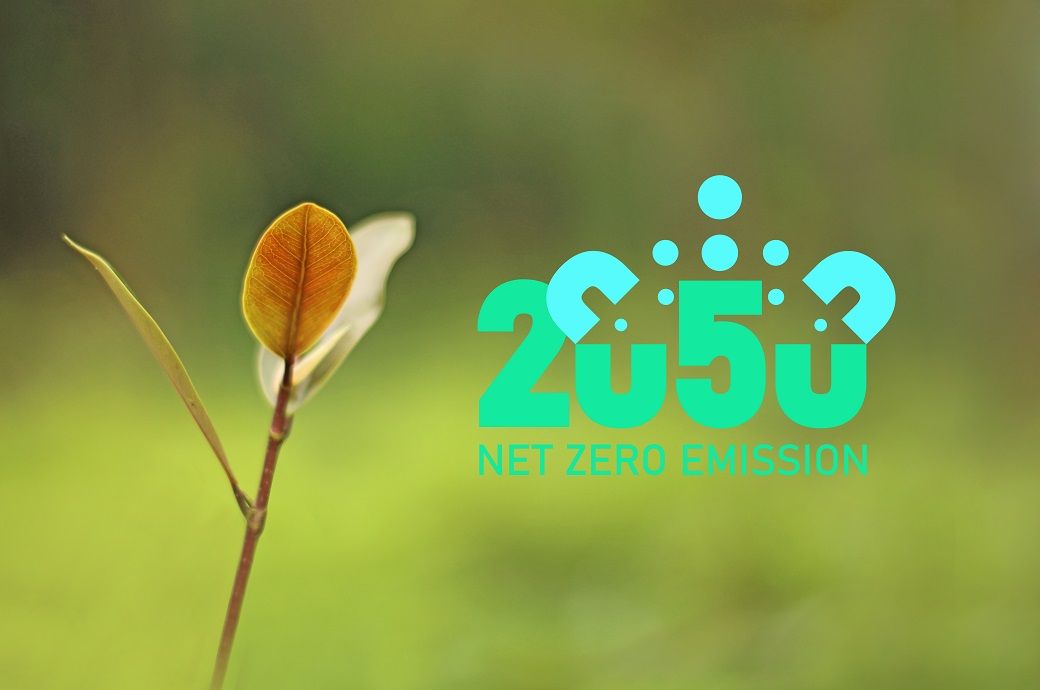
These include individuals at risk of energy and transport poverty, regions reliant on fossil-fuel-based industries, the farming community adjusting to more sustainable agricultural practices and young people who will experience profound impacts from the climate crisis, the report noted.
It is critical to prioritise justice in addressing these disparities, and failing to do so risks exacerbating existing inequalities or even creating new ones, potentially leading to social divisions, discontent and resistance to change, the report, titled ‘Just sustainability transitions: From concept to practice’, said.
The European Union (EU) aims to achieve climate neutrality— an economy with net-zero GHG emissions—by 2050.
Structural changes towards more sustainable systems of production and consumption across key sectors of the economy are key to achieving ambitious EU targets, it said. While decarbonisation presents challenges, it also offers opportunities for growth and competitiveness in Europe, it noted.
Delivering justice in sustainability transitions goes beyond addressing the regressive economic and social effects of climate and environmental policies and of policies aiming to decouple economic growth from resource use, noted the report.
It also requires inclusive and fair representation in decision-making institutions and in terms of procedures and practices, as well as recognition of the dignity, values, identities and capacities of individuals and social groups, according to EEA.
Additionally, the understanding of justice in sustainability transitions is strengthened by considering the intersectionality of vulnerabilities, the geographical scope and scale of policy implementation and temporal concerns, particularly intergenerational fairness and the need to secure a safe and healthy environment for future generations.
However, moving from concept to practice remains a challenge, the report observed.
Achieving justice in sustainability transitions requires recognition of the interconnectedness and complexity of the systems involved; as such, it is necessary to adopt a holistic, cross-sectoral and coherent approach to promote a fair transition across all policies, it said.
At the same time, navigating the complexities of just transitions demands careful consideration of local contexts, balancing local stakeholder perspectives with broader sustainability and equity goals, the report said.
To stay on course and uphold principles of justice, Europe must establish robust systems for monitoring, evaluating and adjusting policy based on evolving societal needs and new insights, it added.
Fibre2Fashion News Desk (DS)